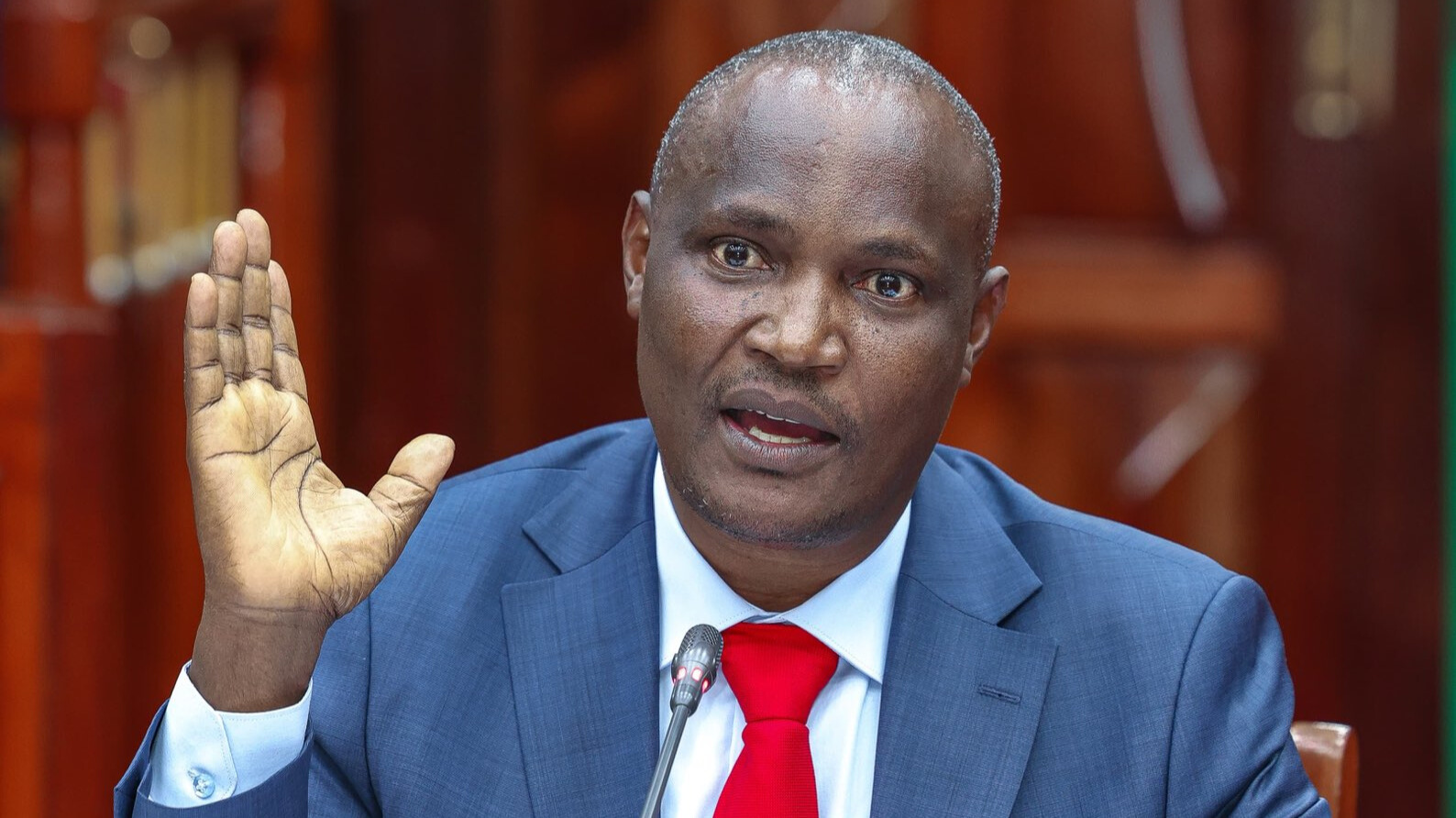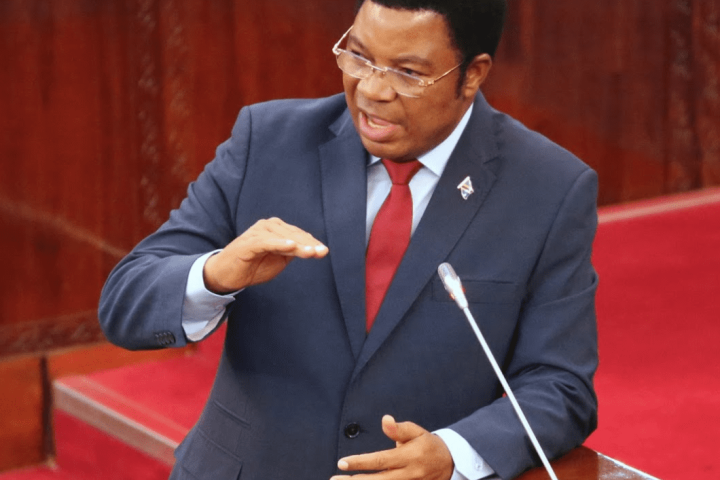Kenya’s newly appointed National Treasury and Economic Planning Cabinet Secretary, John Mbadi, has hinted at reintroducing certain provisions from the controversial Finance Bill 2024, which sparked violent protests across the country.
The anti-finance bill protest had led to the destruction of properties worth billions and resulted in the deaths of over 50 Kenyans during a month-long unrest.
Join our WhatsApp ChannelMbadi, who succeeded former Treasury Secretary, Njuguna Ndung’u, on Monday, acknowledged the public’s detest of the Finance Bill but argued that some of its provisions could still be vital for the nation’s economic growth. “Yes, we have lost the Finance Bill of 2024. It will be wrong and an abuse to the people of Kenya if you tell them that you are reintroducing that bill. We cannot reintroduce it despite the progressive provisions in it,” Mbadi stated.
He, however, hinted at bringing back some not-so-controversial elements of the bill. “The country must grow. There are provisions that were in the bill that would help the country to grow,” he added.
READ ALSO: Kenya Govt Warns Against Violence As Protests Resume Nationwide
The Finance Bill 2024 had initially aimed to raise an additional $2.7 billion in taxes to reduce Kenya’s budget deficit and reliance on borrowing. To achieve this, the government proposed new levies on basic commodities such as bread, vegetable oil, and sugar. These measures were met with widespread public disapproval, prompting mass protests that resulted in President William Ruto abolishing the entire bill. In response to the public outcry, Ruto also reduced government spending and dismissed his entire cabinet.
Mbadi’s approach involves segmenting the Finance Bill’s original proposals and reintroducing them as standalone amendments rather than a single comprehensive bill. “Our team is already working on some of the proposals that were in the Finance Bill 2024, which we can now put together and see how to take them back to Parliament not as Finance Bill but as other proposals,” he explained.
READ ALSO: Kenyan talent is ready to embrace reskilling amid GenAI advances
To ensure these amendments resonate with the public, Mbadi promised extensive public participation, a key element that was seen as lacking in the initial process. “Kenyans, we must discuss and agree that yes, we will give some relief on some important items but let us do tax exemption instead of zero-rating, which ends up benefiting business people and not the consumer,” he emphasised.


















Follow Us